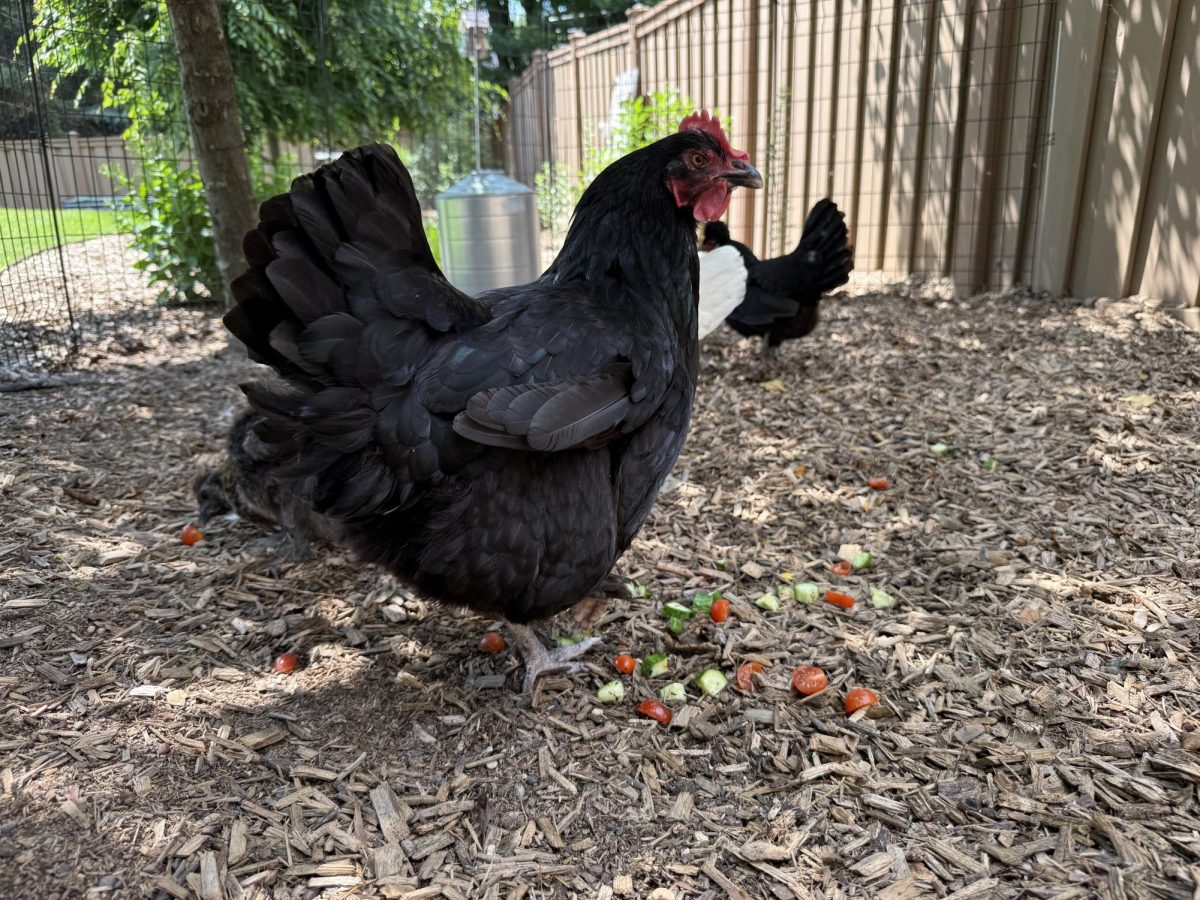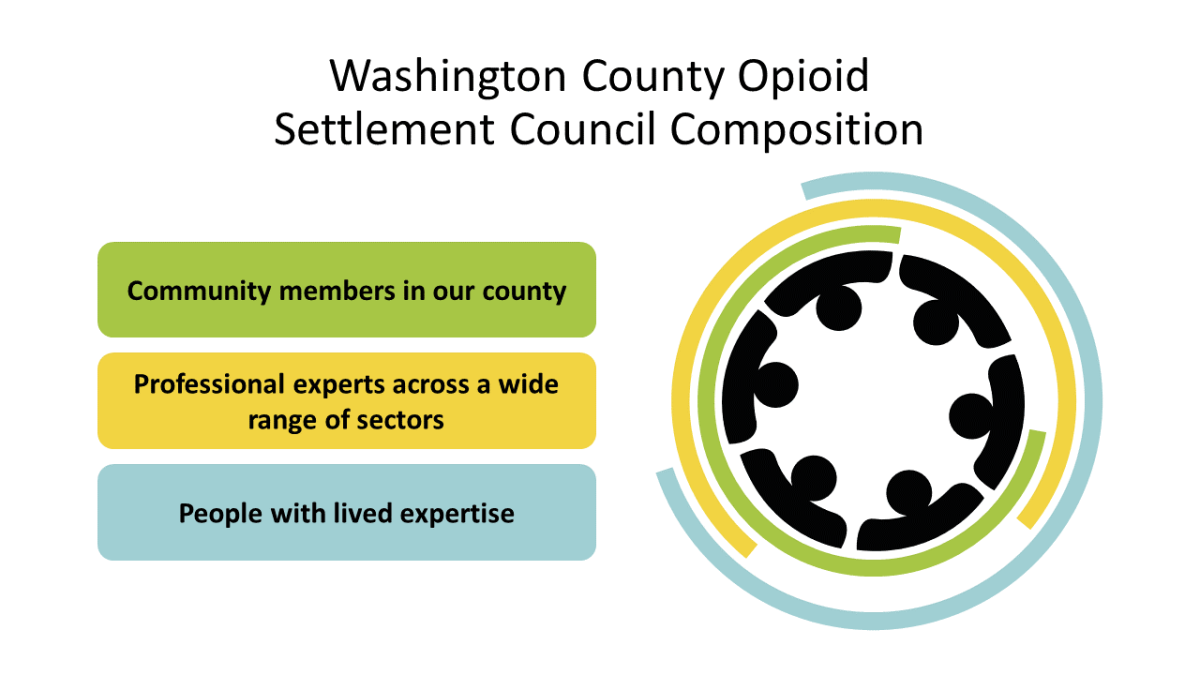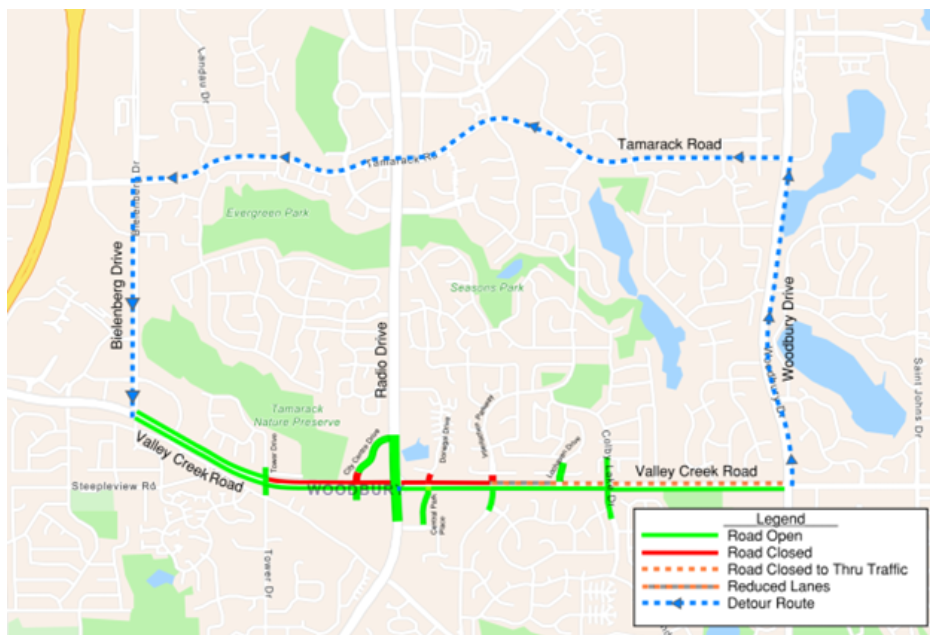Samantha Wolf misses the gentle clucks of hens roaming her backyard. A familiar scene, one she grew up with on a hobby farm in Wisconsin and later enjoyed while living in Minneapolis, where backyard chickens were part of daily life. But after moving to Woodbury four years ago, she learned that keeping chickens wasn’t permitted in her neighborhood.
Now, Wolf and fellow resident Rachel Pastick are leading a grassroots effort to change that. They’re urging city officials to amend the ordinance to allow up to six hens or ducks in the R-4 Urban Residential zone. Currently, backyard chickens are only permitted in Woodbury’s rural R-1 and R-2 districts, a policy adopted last October.
The push gained momentum last winter, when Wolf connected with Pastick through the private Facebook group “Woodbury Backyard Chickens and Ducks.” Since then, the pair has launched a public-facing page, surveying residents, and begun direct outreach to city officials.
Their campaign made its first appearance at a May City Council meeting, where supporters filled the room. They included former Minnesota Sen. Nicole Mitchell, DFL-Woodbury, who attended as a resident. Pastick and Wolf say they’re focused on building thoughtful support and educating others about what the ordinance would and wouldn’t allow.
The proposal reflects a regional shift in suburban communities toward more sustainable living. Neighboring cities like Cottage Grove have adopted backyard chicken policies in recent years, offering a model for what implementation could look like in Woodbury.
“We just wanted to let them know that people are here, people care, and start that conversation rolling,” Wolf said. “We’re also drafting a better survey question this year, one that makes it clear we’re talking about hens, not roosters. People are concerned about roosters, but we’re only advocating for hens.”

Critics of the proposed ordinance cite concerns around odor, pests, noise, and coop enforcement. But Hannah Stensland, a member of the Woodbury Backyard Chickens and Ducks group on Facebook, says those fears are overstated.
“Chicken manure is a highly sought-after fertilizer,” Stensland said. “Chickens eat leftover food scraps, which reduces food waste and does not smell. No odors emanate from properly managed backyard coops.”
Lauren Wilkinson, who helped lead the backyard chicken ordinance in Cottage Grove, said the initial push in her city met some early resistance.
When the Cottage Grove ordinance took effect, Wilkinson said, many of the concerns never materialized. Over the past year, the city recorded just four calls on chicken-related complaints, three of them coming from the same location.
“So I got Cottage Grove down, and then when Woodbury started really pushing, we had a few people reach out and ask, ‘What did you do?’ ‘What was your process?’” she said. “They’re just asking for support in an organized way.”
Wilkinson said she’s glad to support Woodbury’s efforts, especially knowing how impactful the change has been in her city. And with more than 50 active chicken permits now in place, Wilkinson believes Cottage Grove is proof that thoughtful planning and compromise can work, and that other cities, like Woodbury, are not far behind.
“We asked for eight (chickens per permit). We got six. You also don’t need a $2,000 coop,” Wilkinson said. “You just need to do it right.”
Wolf said she’d be among the first to build a coop if the ordinance passes. “We’ve got a really sizable garden already,” she said. “I probably would have six birds starting out. That’s a really strong number.”
With other nearby cities like Bloomington, Edina and St. Paul already allowing backyard chickens, group organizers are saying it’s time for Woodbury to join them.
“We’re not trying to force anyone to own chickens,” Wolf said. “We’re advocating for clear, fair regulations that ensure animal welfare and neighborhood harmony while empowering residents to make healthier, more sustainable choices.”













